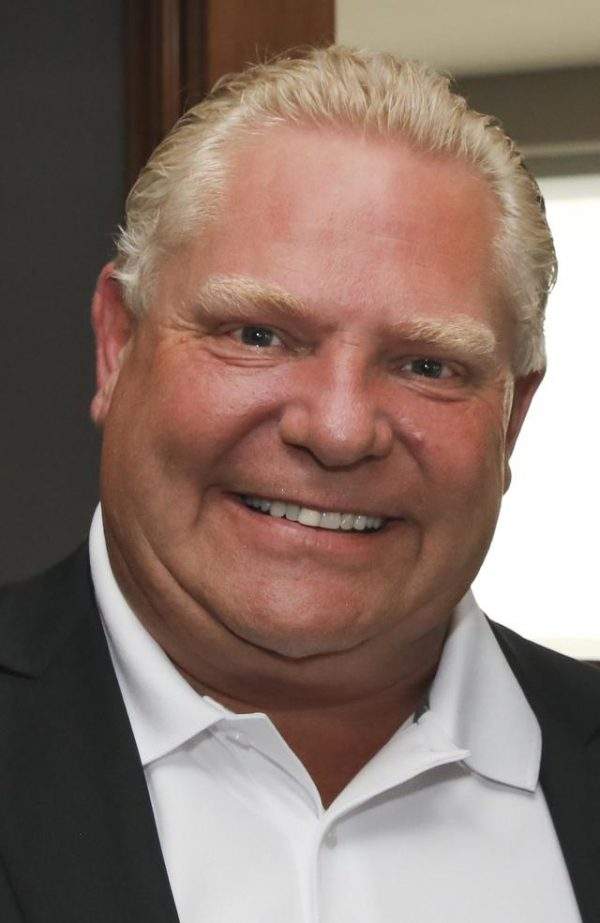
HTTPS://WWW.FLICKR.COM/PHOTOS/62131514@N05
Following the resignation of aquaponic MED LP
Green Relief's two founders, incoming CEO Dr. Neilank K. Jha brought in a former Ernst and Young auditor (CA, CMA, CPA) and a lawyer specializing in insolvency. The new team revealed what
James West of the Midas Letter called "corporate malfeasance on a scale never seen in the Canadian cannabis industry," undertaken by founders who were "reckless and irresponsible with investor funds."
Midas Letter
- West reported court documents allege founders Warren Bravo and Steve LeBlanc (known in southern Ontario for their construction companies Bravo Cement and Unique Restoration) raised $60M from investors—and $14.1M of those funds have gone missing.
According to court documents, Bravo and his wife Lyn are accused of using Green Relief funds to pay debts for personal businesses unconnected to the company. Co-founder Steve LeBlanc is also accused of spending Green Relief funds on personal matters.
- The Bravos are alleged to have paid for renovations to their home and to an AirBnB property using company funds.
- Other funds were allegedly used to pay personal tax debts, and Bravo Cement debts.
- West says, "They used money they raised for Green Relief from investors to buy the land in their own names, and lease the property back to Green Relief, while charging them rent."
- Later, Bravo Cement sued Green Relief for non-payment of rent, and allegedly barred access to the facility after Green Relief seized and sold a Range Rover Bravo Cement had bought with cash from Green Relief investors.
- Bravo didn't respond to Midas' request for comment. LeBlanc, "downplayed his involvement and tried to distance himself from Warren Bravo. 'There were a lot of decisions I didn’t agree with,' he said."
Green Relief CEO Dr. Neilank K. Jha issued a
press release "In response to recent news," but it did not mention Bravo, Leblanc, investor funds, West's allegations, or any other recent news.
WeedWeek attempted to contact Warren Bravo and Green Relief on Friday evening. They have not responded, but I will update the newsletter text on our website if I receive any comment.
Update:
On Sunday afternoon, legal counsel for Warren and Lyn Bravo told
WeedWeek the Bravos "vehemently deny the allegations set out in the Midas Letter Article and have served notice for libel with respect to same. The allegations contained therein are false, without merit, and constitute malicious defamation against each of our clients."
Grower Ryan Lee highlighted
Bravo and LeBlanc's background in traditional business, saying, "pubcos brought in all these 'good guys' to run the cannabis industry, because the legacy participants couldn’t be trusted […] And numerous shady deals spread across the industry."
Twitter—Ryan Lee 












